American Inquiries
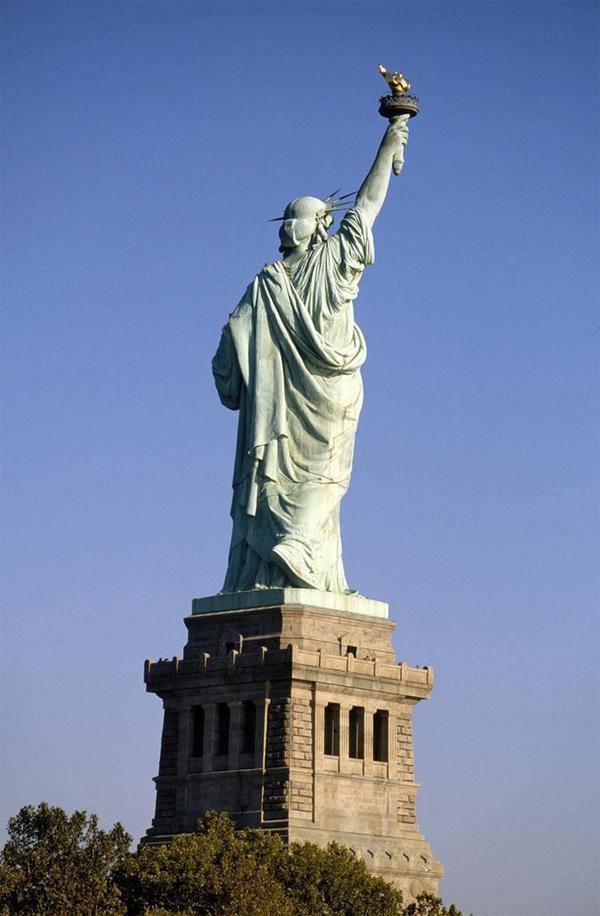
- California Culture at Mid-Century
- Live and Let Diet: Nutritional Advice in America
- A Nation of Slobs
- Sports in American Life
- Sustainability and Equity in American Agriculture and Food
- Viewing the World Through Animation
California Culture
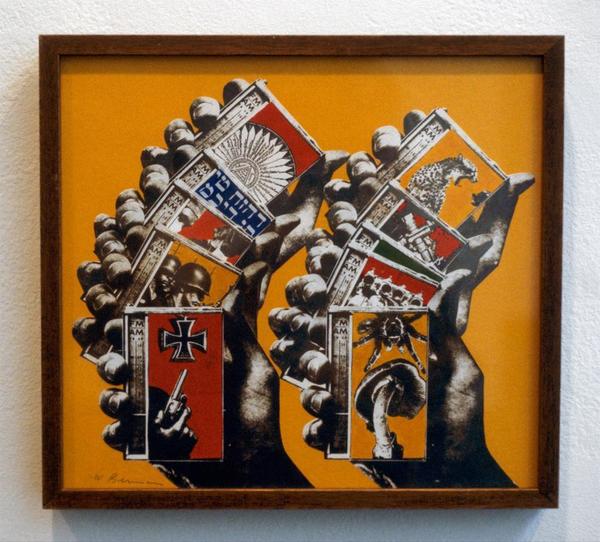
Stephen Fredman
Section 15 (CRN 22833) TR 2:00-3:15
This course explores how the arts in California at mid-century created a culture that through the Beats and the Hippies became a national and international force. We will look at painting, sculpture, poetry, fiction, film, music, history, and memoir, asking what is the proper relationship between art and life.
Live and Let Diet: Nutritional Advice in America
Matthew Doppke
Section 02 (CRN 22620) TR 9:30-10:45
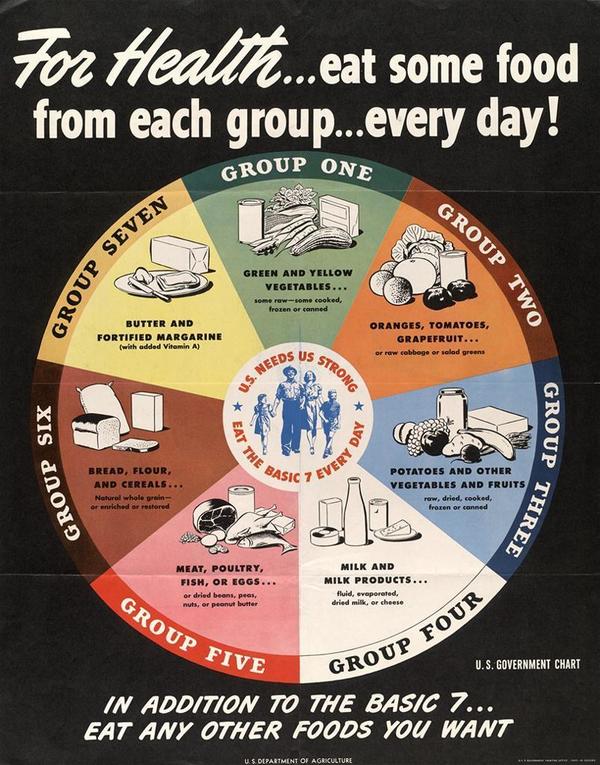
Nutritional advice has, until quite recently, rarely been sound. However, questions about what and how to eat have always been rich in cultural, economic and even political connotations. This course examines significant food and healthy eating movements in the United States since 1900, each of which provides a window into evolving ideas of citizenship, the intersection of race, class and gender, and outright partisan conflict. We start with misguided efforts to “Americanize” the cooking of immigrant women in turn-of-century urban America. We then proceed to the birth of the organic and health food movement with the 1960s’ back-to-real food attack on food processors, and conclude with vegetarianism and the fresh and local ideal world of Michael Pollan.
Nation of Slobs: The Arts, Ethics, and Economics of Dress in Modern America
Linda Przybyszewski
Section 12 (CRN 22623) TR 5:00-6:15
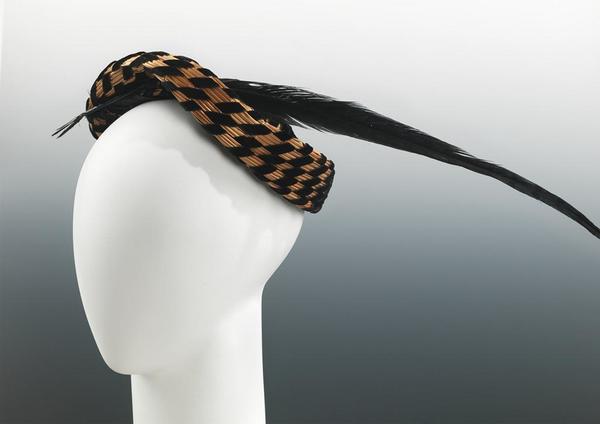
Have you ever wondered why the rogues in 19th century novels leer over women’s ankles? Why the women in old family photos are wearing hats and gloves? Or why unisex sizes actually fit only men? This course will answer those questions through a survey of the history of dress, design, and the garment industry in the 20th Century in the United States. Students will learn about the dress revolutions of the 1920s and the 1960s and consider whether they represented freedom or the downfall of western civilization. We will look at historic fashion and sewing manuals which claim that it is possible to express the inner self through dress, and learn how home economists drew upon the fine and applied arts to teach color theory and dress design in schools and colleges. Lastly, we will study the ethical issues facing consumers from the Triangle Shirt Waist Company Fire of 1911 to the globalization of the garment industry today. Students may have the opportunity to take a workshop from a Chicago milliner where they will learn how to make and trim felted hats of their own.
Sports in American Life
Tracey Thomas
Section 18 (CRN 25470) TR 9:30-10:45
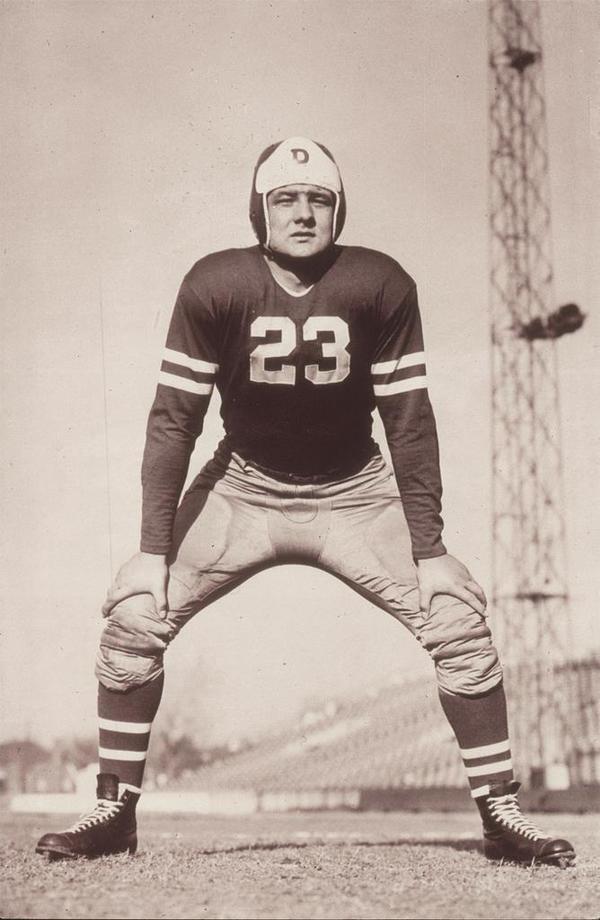
Sports, or organized, competitive physical activity, absorb an enormous amount of American time, energy and money. What is the attraction? And are sports beneficial to us? While some argue for the psychic and socializing benefits of sports, others claim the opposite, that sports make us asocial and do damage to our psyches. In this course, we will examine the many ways this central cultural institution impacts our lives. We will participate in the ongoing dynamic and passionate discussion in both popular and scholarly media concerning questions such as the impact of organized sports on children, the roles played by both race and gender in our sports culture, the commercialization of amateur sports, the big business of sports, and the rewards for and price paid by the fan. Along the way, we will look into some history of sports generally , we will read some of the great sports writers of the last 100 years, we will watch some classic sports films, we will examine the role of physical fitness in the lives of non-athletes. In keeping with the College Seminar emphasis, students will develop oral skills through debates, presentations, and opportunities to lead in-class discussions. We will use video tapes to capture oral experiences and use the tapes for evaluative and learning purposes. Requirements of the course include a final paper and a formal presentation to the class of that project.
Sustainability and Equity in American Agriculture and Food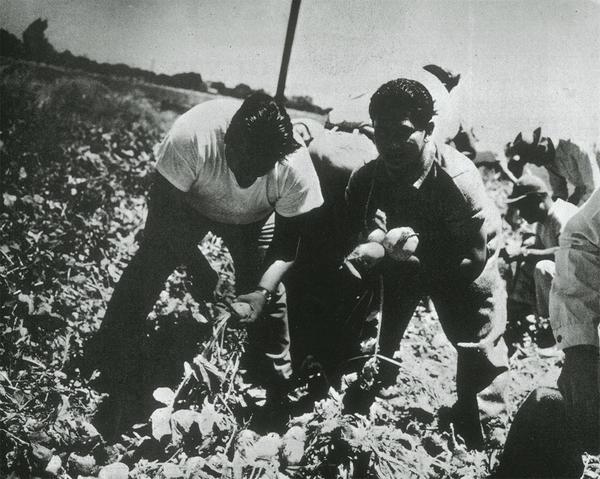
Matthew Doppke
Section 04 (CRN 22621) TR 12:30-1:45
This course examines contemporary issues in the politics and economics of agriculture. Topics include conventional animal architecture, sustainable and organic agriculture, and efforts to build alternative food systems. Visits and guest-led discussions also examine campus food issues and the local retail sector.
Viewing the World through Animation
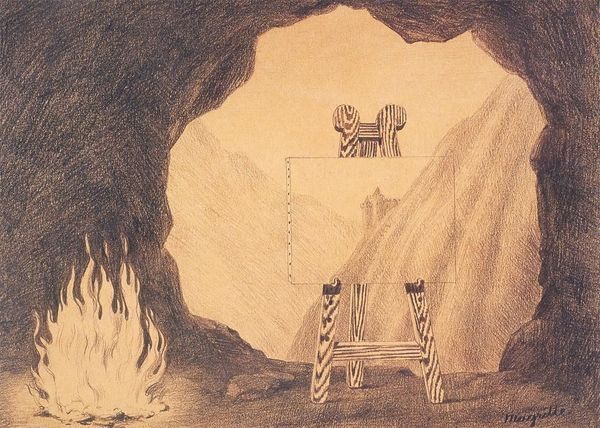 Don Crafton
Don Crafton
Section 10 (CRN 23606) TR 2:00-3:15 Lab T 5:00-6:15pm
The course traces the history of animated filmmaking from its origins through contemporary feature films with a focus on how films represent their times and cultures, how cartoons may influence society, and vice versa.